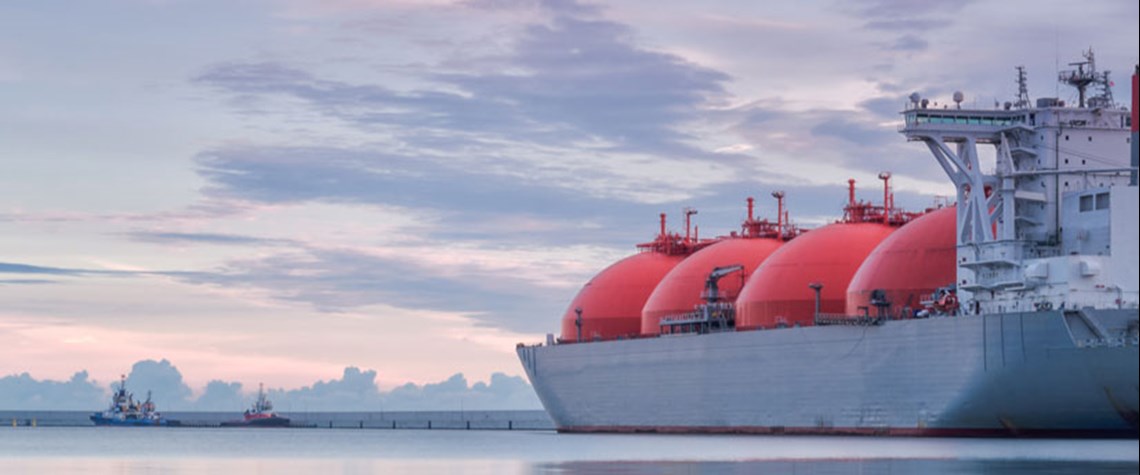Asian nations must avoid gas infrastructure – Carbon Tracker
Vietnam, South Korea and Japan must invest now in transitioning their power infrastructure away from natural gas to reach net zero by 2050, says think tank
Vietnam, South Korea and Japan must invest now in transitioning their power infrastructure away from a dependence on natural gas if they are to remain on a pathway to reach net-zero emissions by 2050, according to a report from UK-based think tank Carbon Tracker. The three countries currently depend on LNG imports for the bulk of their power supply. Despite all having targets to reach net-zero emissions by 2050, they have a total of nearly 85GW of gas-fired capacity planned—56GW in Vietnam, 18GW in South Korea and 10GW in Japan. These investments do not make sense from a business nor emissions-reduction perspective, the report says. It finds that 86pc of the planned projects will be economic

Also in this section
21 July 2024
Awards experience 20% increase in nominations this year, with submissions from 27 countries
18 July 2024
Platform developed at Scottish university uses advanced simulations and machine learning to find most cost-effective and sustainable combinations of materials for use in carbon capture
18 July 2024
Stockholm Exergi agrees to one of world’s largest deployments of CO₂ liquefication technology to enable transport of emissions captured from biomass power plant
11 July 2024
Watkins will leverage her financial acumen and strategic insight to lead Gulf’s commercial initiatives across media, events, and market intelligence







